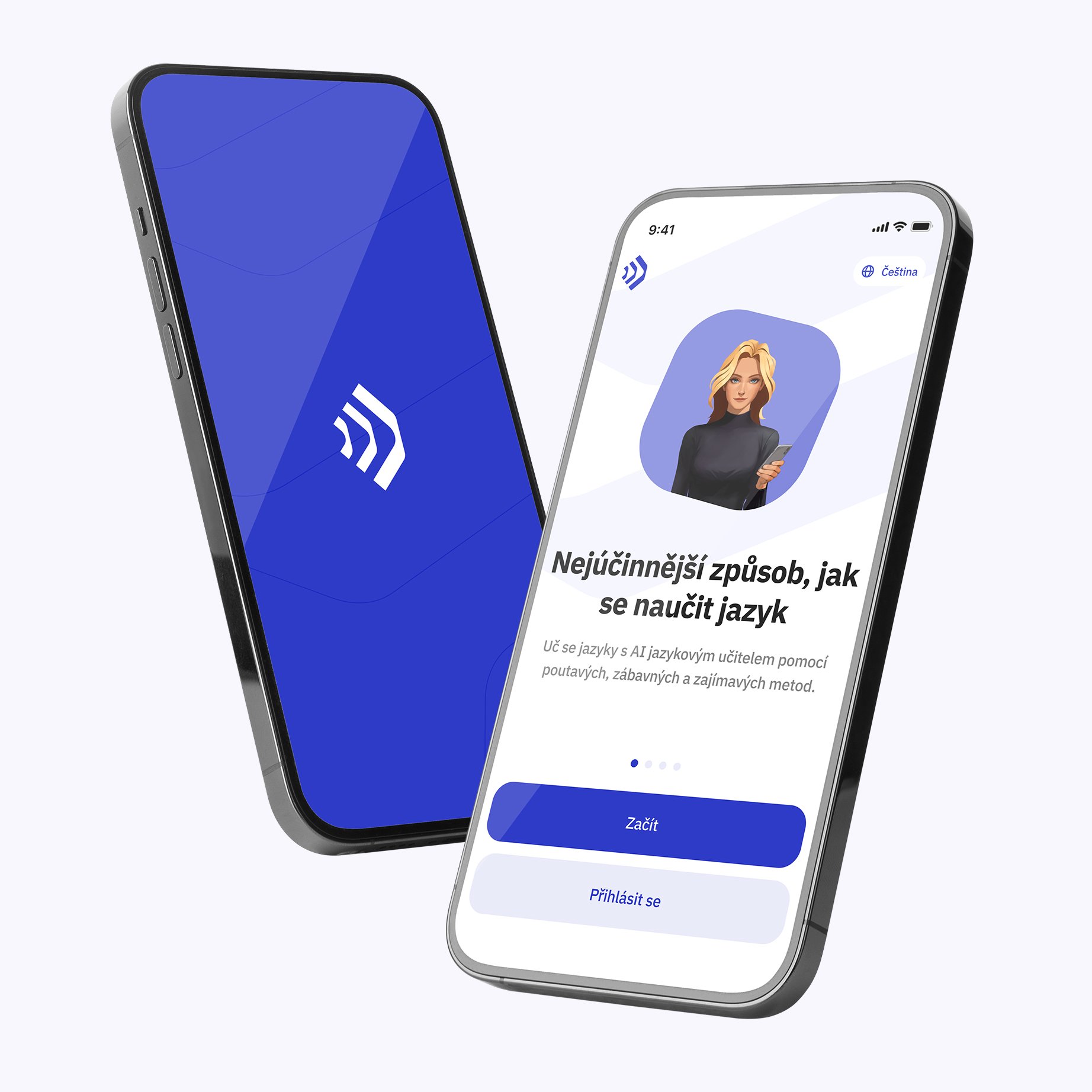Cvičení 1: Použití „will“ pro budoucí čas
2. She *will* be happy to hear the news. (Vyjádřete budoucí předpověď s „will“.)
3. They *will* arrive at 6 pm. (Použijte „will“ pro budoucí skutečnost.)
4. We *will* help you with your homework. (Nabídka nebo slib v budoucnosti s „will“.)
5. He *will* not (won’t) come to the party. (Zápor u „will“.)
6. Will you *help* me with this task? (Tvoření otázky s „will“.)
7. The weather *will* be sunny tomorrow. (Budoucí předpověď počasí s „will“.)
8. I *will* probably go to the cinema tonight. (Vyjádření pravděpodobnosti v budoucnosti.)
9. She *will* finish the project next week. (Budoucí skutečnost s „will“.)
10. We *will* see what happens. (Použití „will“ pro neplánované rozhodnutí.)
Cvičení 2: Použití „be going to“ a přítomného průběhového času pro budoucnost
2. She *is going to* study medicine at university. (Záměr nebo plán s „be going to“.)
3. They *are going to* buy a new car soon. (Vyjádření plánu s „be going to“.)
4. We *are meeting* our friends tomorrow. (Použití přítomného průběhového času pro domluvenou budoucnost.)
5. He *is going to* start a new job next month. (Plán s „be going to“.)
6. I *am flying* to Paris next Friday. (Přítomný průběhový čas pro budoucí cestu.)
7. They *are going to* have a party this Saturday. (Plánovaná událost s „be going to“.)
8. She *is not going to* attend the meeting. (Zápor u „be going to“.)
9. We *are leaving* at 8 o’clock tomorrow morning. (Přítomný průběhový čas pro budoucí plán.)
10. Are you *going to* come to the concert? (Otázka s „be going to“.)










